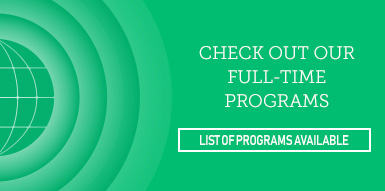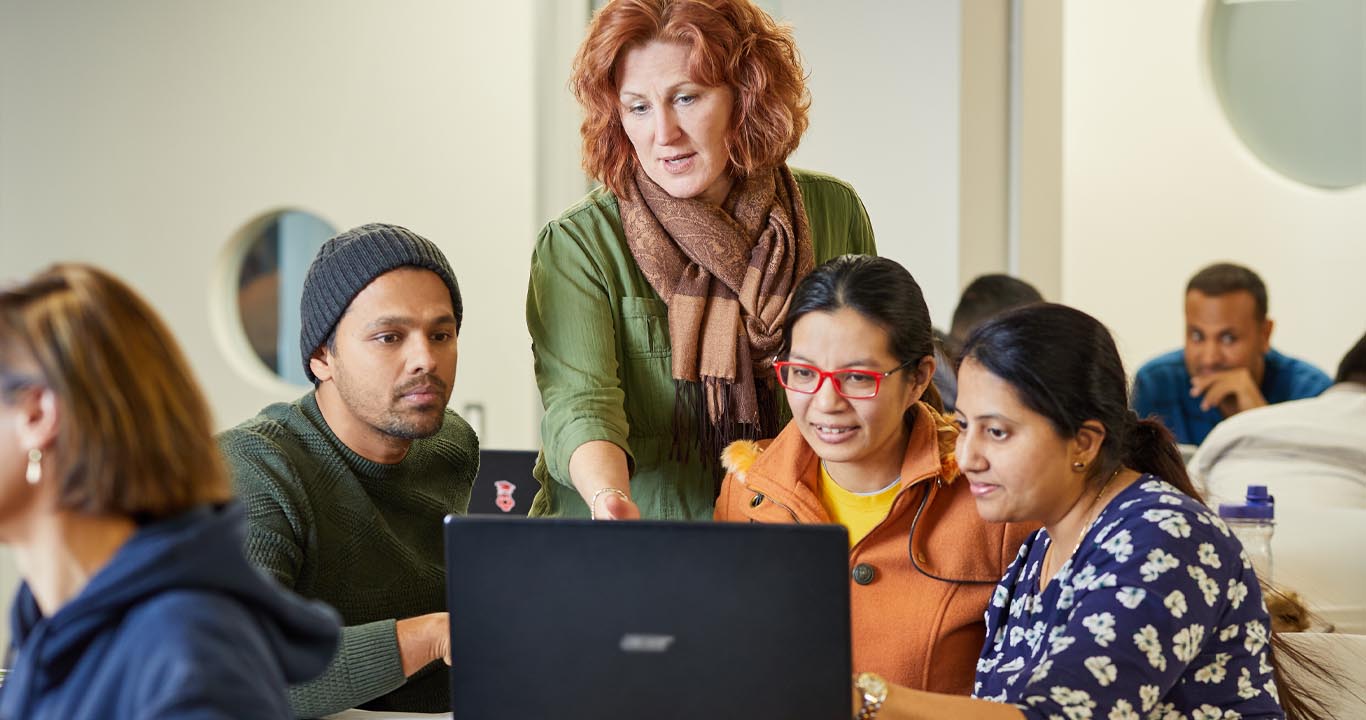-
Future Students
-
Admissions
Programs
Programs for Domestic Students
Courses
-
-
Current Students
-
Part Time
Student Logins
Student Logins
-
-
International Students
-
About Pace
-
About Pace
-
| DEA 15138 | 30 hours |
This course is designed to inform Educational Assistants about human development, the processes of change over time that influence:
- physical growth and motor skills
- perception and thinking
- attitudes and values
- social skills and behaviour
Development will be approached in terms of broad stages that are reflected in the organization of schools:
- infancy and early childhood (to about age 7)
- middle childhood and early adolescence (from 8 to about 12)
- adolescence and young adulthood (to age 21)
The stages proposed by particular theories of development (e.g. Piaget’s theory of cognitive development), also cultural and hereditary factors influencing individual and group differences (e.g. gender and ethnicity), will also be reviewed.
By learning about human development, students will reach a better understanding of why children and adolescents behave the way they do, and will be able to work better as informed members of an educational team.
Objectives
Upon completion of this course, participants will be able to:
- demonstrate knowledge and understanding of the major theories of development as well as practical issues and difficulties during different developmental stages
- be able to apply their knowledge and understanding to broadly assess an individual’s developmental level and competence
- demonstrate sensitivity to the needs and behaviour of individuals at different developmental stages
- be able to help implement developmentally consistent classroom activities with pupils
Outcomes
- Knowledge about human development including physical, cognitive and behavioural changes over time
- Understanding of why students behave the way they do
- Knowledge about development during the school years (ages 5 to 17)






